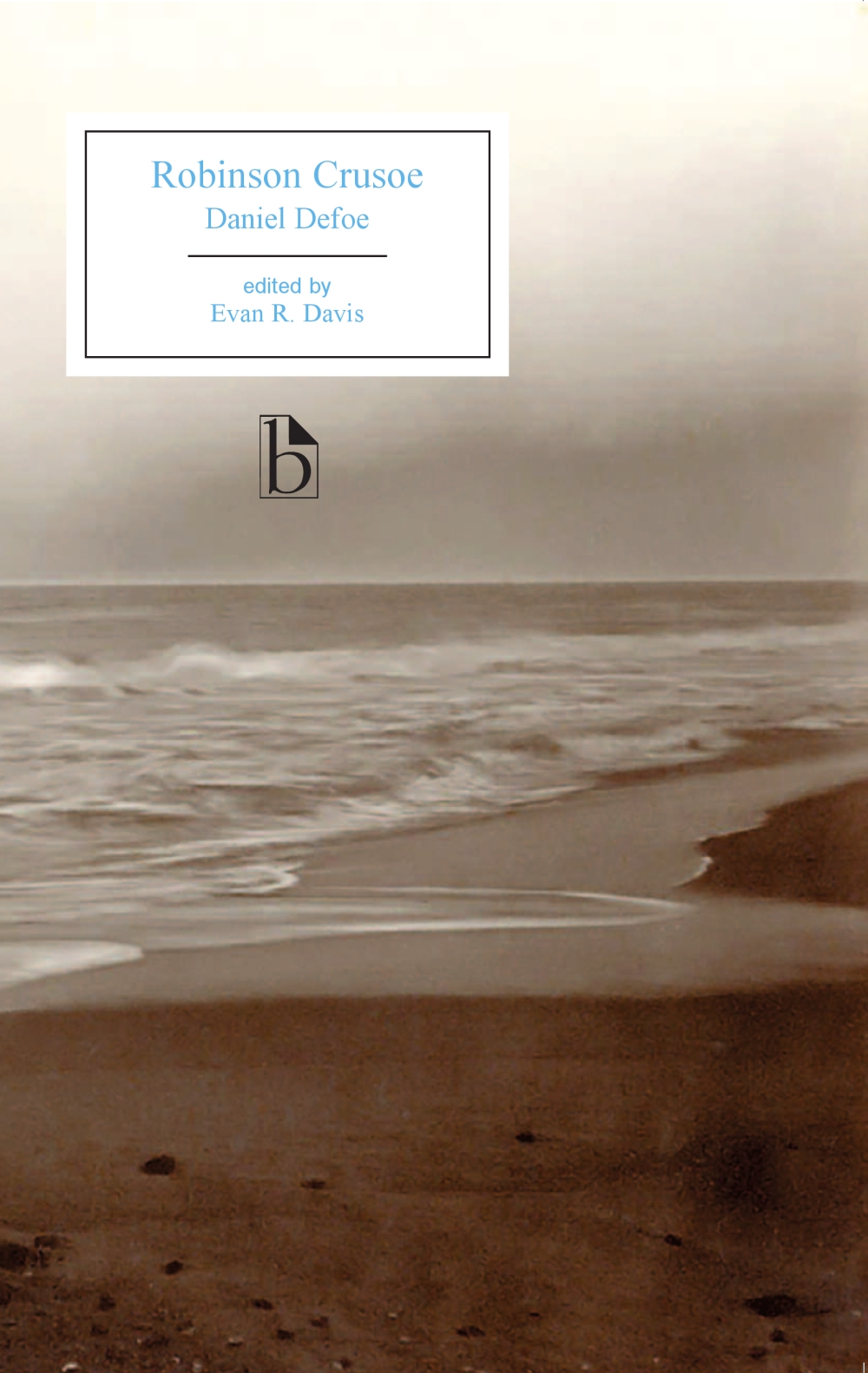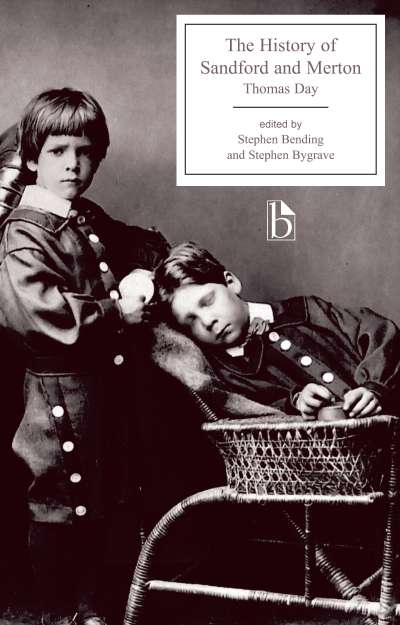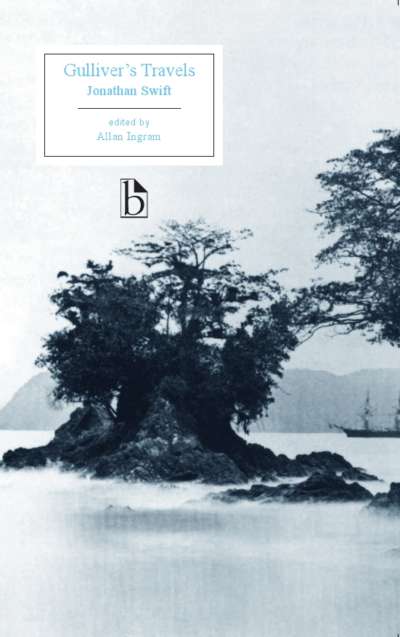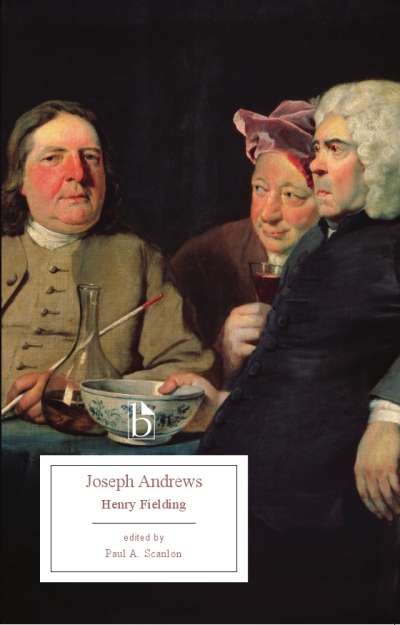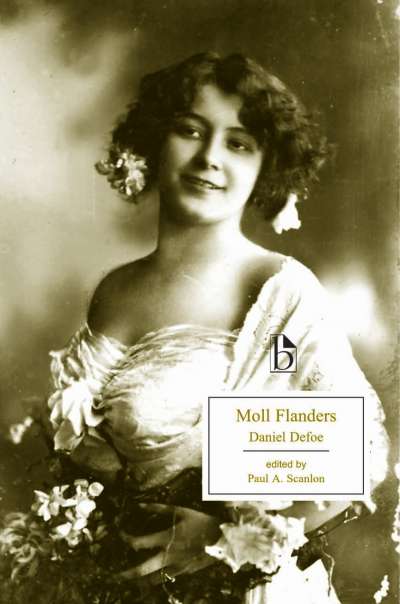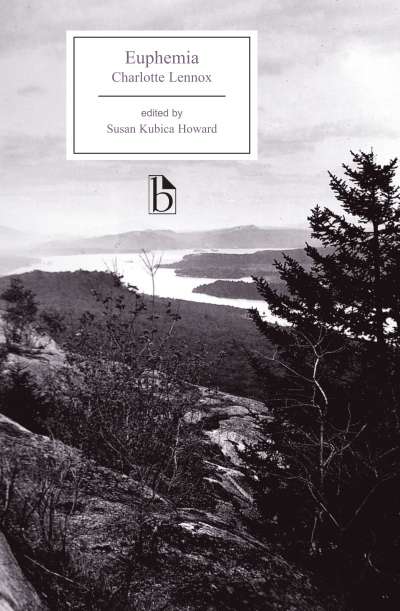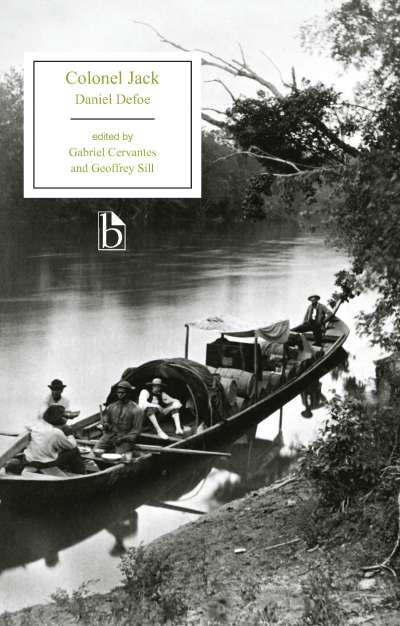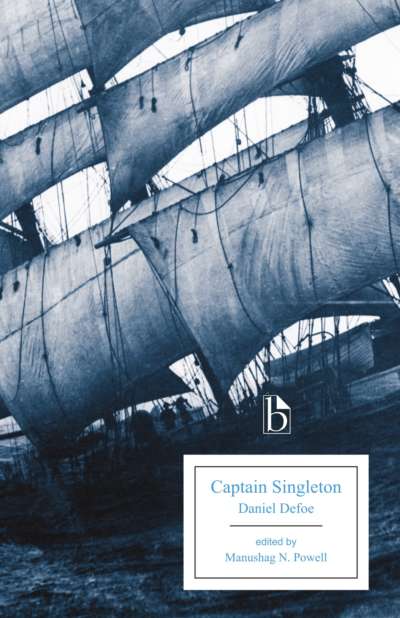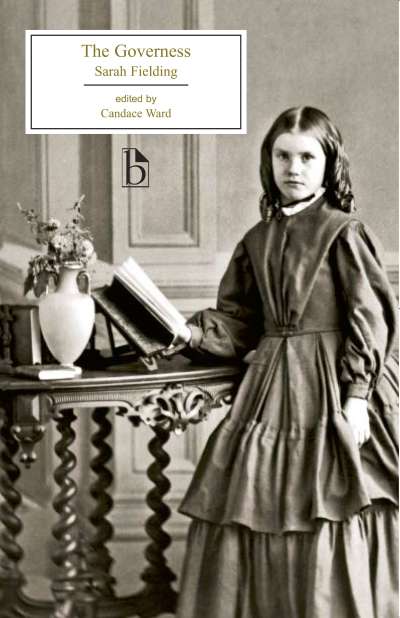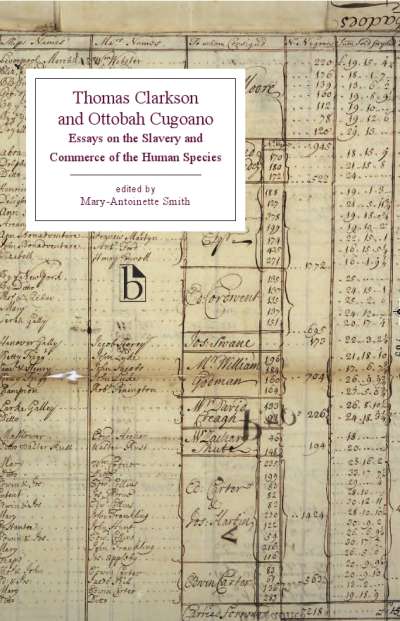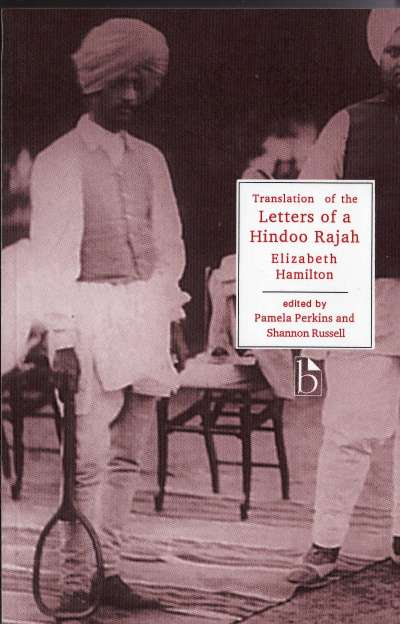Robinson Crusoe is one of the most famous literary characters in history, and his story has spawned hundreds of retellings. Inspired by the life of Alexander Selkirk, a sailor who lived for several years on a Pacific island, the novel tells the story of Crusoe’s survival after shipwreck on an island, interaction with the mainland’s native inhabitants, and eventual rescue. Read variously as economic fable, religious allegory, or imperialist fantasy, Crusoe has never lost its appeal as one of the most compelling adventure stories of all time.
In addition to an introduction and helpful notes, this Broadview Edition includes a wide range of appendices that situate Defoe’s 1719 novel amidst castaway narratives, economic treatises, reports of cannibalism, explorations of solitude, and Defoe’s own writings on slavery and the African trade. A final appendix presents images of Crusoe’s rescue of Friday from a dozen of the most significant illustrated editions of the novel published between 1719 and 1920.
A modernized edition is also available.
Comments
“Evan R. Davis has done an excellent job of bringing together many of the strands of thought that Defoe put into The Life and Strange Surprizing Adventures of Robinson Crusoe—his interests in travel, economics, religion, and the experience of solitude—and putting them into an attractive format. Professor Davis supplies examples of texts on related topics such as solitude, cannibalism, and castaway narratives, along with a group of wonderful illustrations, including a large number of Crusoe and Friday, showing everything from the sympathetic and helpful Crusoe to Crusoe the colonialist and exploiter. These are well chosen to make points about the ways in which Crusoe fits into the interests of post-colonial criticism. Professor Davis is also very good in his introduction on the ambiguity with which Crusoe treats Friday. Is he a friend, a servant, or a slave? Or all three? This will be a useful and indeed an exciting text for students at all levels.” — Maximillian E. Novak, University of California at Los Angeles
“This edition greatly enriches the reader’s appreciation of Robinson Crusoe both as a classic that transcends its historical origins and as a text that reflects a specific historical context. In each role, the novel can be viewed from many perspectives, ranging from those embodied in other writings by Defoe and his contemporaries to later ideas about psychology, economics, religion, and post-colonialism, and the introduction and appendices give the reader access to an extraordinarily copious array of these perspectives. The introduction, moreover, goes well beyond compiling viewpoints: while elegantly marshaling information, Evan R. Davis also contests received opinion and offers fresh insights. This is an extremely useful edition for students, general readers, and even those already well-acquainted with Defoe.” — Oscar Kenshur, Indiana University
“Evan R. Davis’s fine edition of Robinson Crusoe for Broadview joins an already well-populated field of classroom paperbacks of Defoe’s first novel...The Broadview edition holds its own...and offers much to recommend itself. It provides everything one would want from a text for classroom use (or for reading outside the classroom, for that matter): a reliable text, annotations that are clear and sufficient without being obtrusive, and an intelligent and thoughtful editor’s introduction. Moreover, it provides a rich selection of supplementary materials, including a truly surprising number of illustrations, aimed at provoking classroom discussion or simply thoughtful reflection.” — Benjamin F. Pauley, Eastern Connecticut State University, reviewed in Digital Defoe

